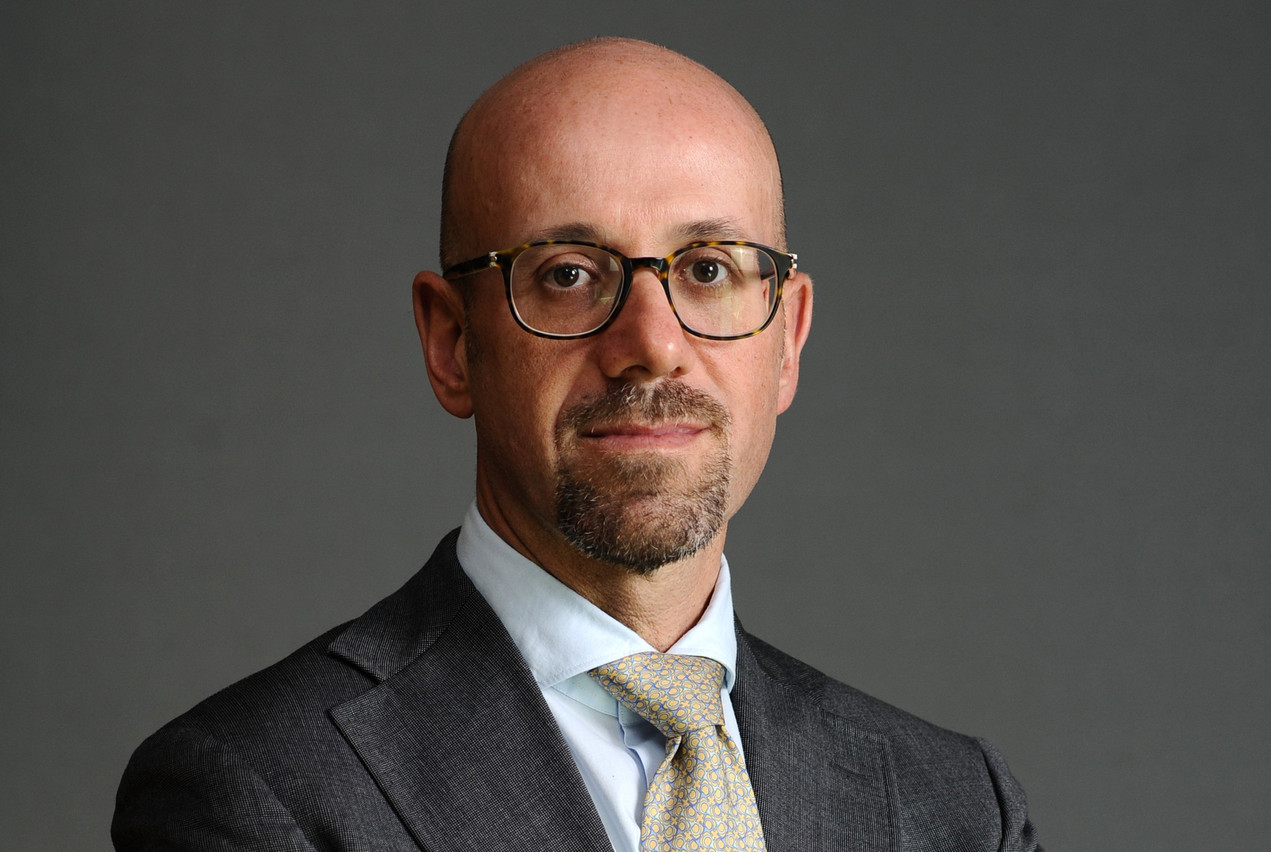The , published in March 2023, found that institutional investors were more likely to decrease their allocations to digital assets. Delano asked State Street’s : is this also the case in Luxembourg?
The first step is to clarify the type of digital assets being discussed. “I think in this respect, what our survey was alluding to are so-called cryptocurrencies, which is a specific element of digital assets,” replied Lamanna. “Obviously, on the back of some of the issues that we experienced in cryptocurrencies, it’s natural. I think it’s inevitable that institutional investors effectively reduce their exposure to an asset which is considered, by far, very volatile.” This volatility could lead to reputational issues.
“Having said that, the survey indicated that while there is a decrease in the exposure, there is an increase in the number of actors that want to take an exposure into cryptocurrency.”
This shows a certain level of maturity towards the approach vis-à-vis cryptocurrency.
Investors could be divided into two categories: those that are simply looking into cryptocurrency and those that are beginning to consider it as an asset that they can include in portfolios. “Certainly, yes, there is a reduction into cryptocurrencies investment, and on the other side, we see more investors that are willing to take cryptocurrencies as part of their investment portfolio,” explained Lamanna. “So I think this shows a certain level of maturity towards the approach vis-à-vis cryptocurrency, which is a specific kind of asset.”
In addition, there’s a lot of investor interest regarding the digitalisation of so-called traditional assets, he noted.
Streamlining processing and fractionalisation
Digitalisation and the use of digital ledger technology (DLT) are becoming fundamental elements of financial markets. “Luxembourg, which is the second biggest financial market in the world, has to actively look into how digitalisation can help the development of the market itself.”
There are two elements here: the first is using digitalisation to streamline the processing of assets. “The application of this is most probably linked to the private equity and loans--credit types of investments, where today, the negotiation and then the settlement, the transfer of a private asset is quite cumbersome.” By digitalising this process, settlements can take place more efficiently.
I think this [fractionalisation] is absolutely relevant for the development of the Luxembourg market.
The second part is how assets can be “fractioned,” or split, then made available to investors. “I think this [fractionalisation] is absolutely relevant for the development of the Luxembourg market,” stated Lamanna. “The Luxembourg market has developed, in the last few years, a very healthy private equity, private market in general.”
And despite changes in market conditions, private equity and the private market have seen continued growth, he said. “It goes very well, hand in hand, with the potential digitalisation of the assets in which private equity funds invest.” There’s an opportunity to make “these instruments easier to manage and to distribute to a wider audience of investors,” either directly or via institutions.
Digital ledger technology is “critical”
“The application of digital ledger technology to the activity of a transfer agent, or a sub-transfer agent, is certainly very critical,” said Lamanna. It can speed up the settlement process. This is “very important for Luxembourg as a place where distribution is key.” If the market can improve the distribution of products, then this will benefit both institutional and retail investors.
What about the environmental impacts of digital assets?
State Street’s report found that respondents had mixed feelings about the potential ESG impact of digital assets technology. Those who were ESG-positive said that these quicker and effective trading operations would also be more energy efficient. They also thought that fractionalisation of green infrastructure assets would be a benefit, and that this would also allow retail investors to enter private markets, thus enhancing scrutiny of companies with opaque governance models.
But there’s also the other side of the coin: respondents who were ESG-negative mentioned the higher energy use in digital trading models, the likelihood of increased and inefficient regulation of private markets, and the possibility that more efficient capital markets would lead to more demand for energy-intensive goods and services.
The more you digitalise, the more you give access… to a wider audience and a wider potential investor universe.”
Lamanna also had two points of view. Cryptocurrencies, because of the way they are “mined” and their use of PCs and servers, are quite energy-intense. So there is a cost from the environmental perspective, noted Lamanna. But the digitalisation of assets via DLT can also have a positive impact. By streamlining and reducing the complexity of processes, this can also decrease the number of intermediaries that are involved, the energy that is used and the emails that are exchanged.
On the flip side, however, he noted that “the more you digitalise, the more you give access--as we talked about fractionalisation--to a wider audience and a wider potential investor universe, which could drive more trade.” And with the increase in transactions, this could, in turn, lead to an increase in energy needs.
Support from authorities in Luxembourg
“In terms of the regulation, I think Luxembourg has been a little bit conservative at the very beginning,” said Lamanna. “But we have also seen a lot of interest coming from potential investors to set up their funds in Luxembourg rather than in other countries.”
The support of the authorities has “certainly opened the doors to rationalisation and development of specific markets,” he added. “This has been confirmed by the government recently in various occasions, where the minister of finance has really mentioned digitalisation, as well as ESG, as one of the two elements in which the government will support the development of the financial market in Luxembourg.”
This interview was published for the Delano Finance newsletter, the weekly source for financial news in Luxembourg. .



